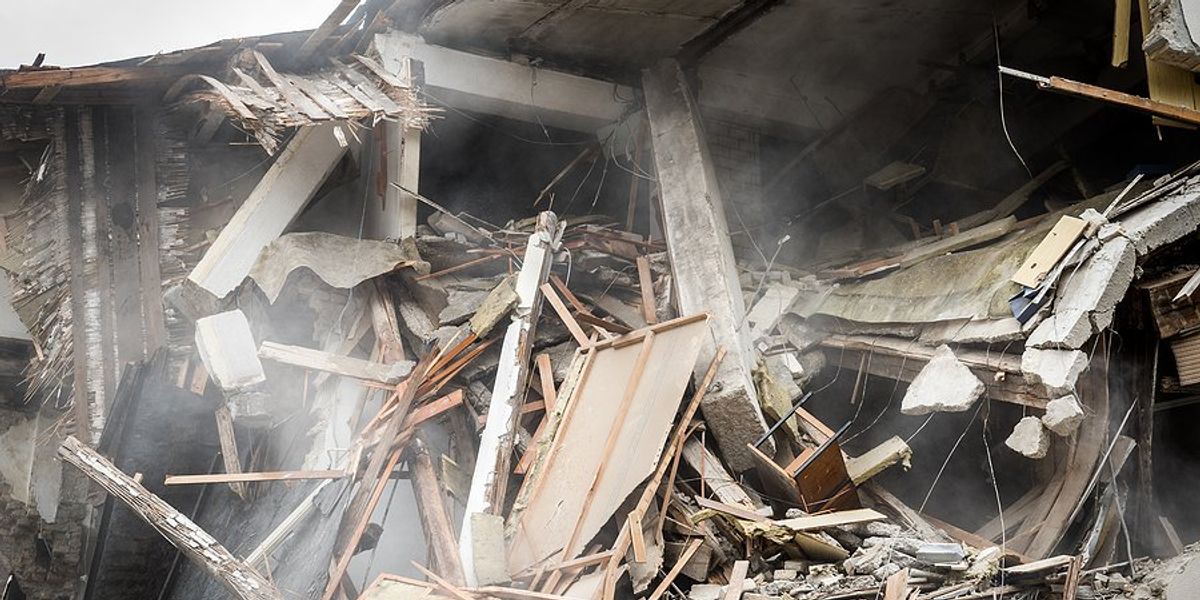
Paul Ehrlich: 'Collapse of civilisation is a near certainty within decades.'
In May, it will be 50 years since the eminent biologist published his most famous and controversial book, The Population Bomb. But Ehrlich remains as outspoken as ever.
Fifty years after the publication of his controversial book The Population Bomb, biologist Paul Ehrlich warns overpopulation and overconsumption are driving us over the edge.
Ehrlich has been quite prolific in those 50 years, continually drawing connections among the different planetary forces shaping our health and environment – forces like biodiversity, the nitrogen cycle, climate change and yes, overpopulation. The concern that he shares with other scientists working in this field: These are force multipliers, coming harder and faster at civilization than any one issue by itself.
Veteran journalist Damian Carrington's interview with Ehrlich is excellent. Worth reading, too, is the website Ehrlich and other scientists have put together to explore these interconnections: The Millennium Alliance for Humanity and the Biosphere.
And if you want to keep abreast of this issue, every Saturday we publish a roundup of the best reporting we've seen that week probing the interplay of these different environmental issues. Get our "Science Saturday" newsletter free in your inbox by signing up here.
Read the full interview at The Guardian.













